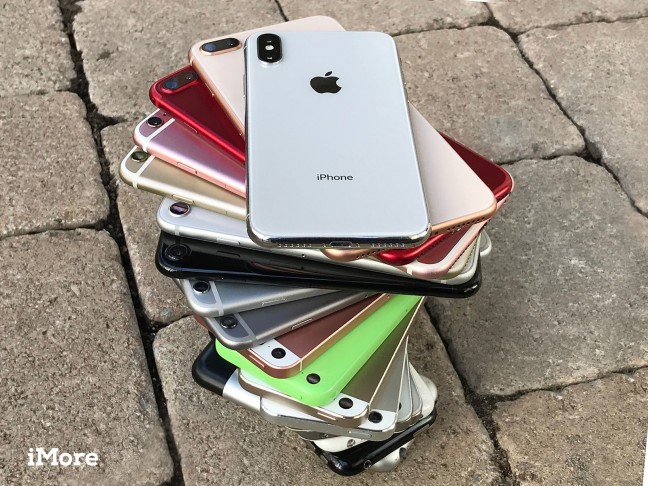 In Yuan Ren’s article titled “Why My Chinese Dad Switched From an iPhone to Huawei, she talks about how iPhone is losing its markets in China and the development of China’s domestic phone brands. Ren talks about how the iPhone was the most popular phone brand in China and everyone wants Apple products to be in the trend. However, as technology developing in China, China’s domestic phone brands are better, cheaper and more suitable. She compares the functions of iPhones with Chinese brands like Huawei, Xiaomi, and Oppo and indicates that the domestic phone brands have an important local feature – the dual SIM card system and they are cheaper and bigger. Ren demonstrates her point that China’s domestic phone brands are getting better than iPhones and taking over the Chinese market or maybe even the world market.
In Yuan Ren’s article titled “Why My Chinese Dad Switched From an iPhone to Huawei, she talks about how iPhone is losing its markets in China and the development of China’s domestic phone brands. Ren talks about how the iPhone was the most popular phone brand in China and everyone wants Apple products to be in the trend. However, as technology developing in China, China’s domestic phone brands are better, cheaper and more suitable. She compares the functions of iPhones with Chinese brands like Huawei, Xiaomi, and Oppo and indicates that the domestic phone brands have an important local feature – the dual SIM card system and they are cheaper and bigger. Ren demonstrates her point that China’s domestic phone brands are getting better than iPhones and taking over the Chinese market or maybe even the world market.
Ren’s purpose in writing this article is to show the development and changing of the Chinese phone market and indicate that China’s domestic brand is taking over the place of Apple products. Ren states that her dad has switched from iPhone to Huawei as many upper-middle-class Chinese, but “the iPhone hasn’t lost all of its lusters” because of the popular, rich symbolic meaning behind Apple products. In order to indicate her point that the iPhone is not the best phone anymore, she compares Chinese phone brands with iPhones in different ways. First, she talks about the huge price difference between the first Chinese brand and Apple. Xiaomi offered “as low as 699 yuan (under $150) and useful features; on the other side, the cheapest iPhone “less than 2000 yuan, then under $350”, the newer version of iPhone would be more expensive. Readers can see the price difference clearly through the numbers and would wonder why they buy the expensive iPhone instead of the phones that have almost the same features and funcitons. Second, she compares the size of the Xiaomi Mi Note to iPhones. Xiaomi Note is “one of the big-screen models, or “phablets,” that have long been popular in CHina and East Asia, where many prefer the bigger screens”. When Apple sees the decreasing of selling iPhones in China, it “released its Plus serise in late 2014 with larger handsets”. Apple made new changes to their phones in order to adapt the new trend in the society; however, this feature existed a long time before their change. Lastly, she compares the SIM card system. Most of the China’s domestic phone brands have the dual SIM card system because “one card for streaming and downloading at cheaper rates, the other one for making calls, or foreign SIM card”. However, Apple refused to change. With the development in society, many people need more than one phone, one for work and one for personal use. Readers would love the dual SIM card function and would see the defect in iPhones. By using all these comparisons, people would easily agree that China’s domestic phone brands are better choices.
I agree with Ren’s idea that China’s domestic phone brands are getting better and taking over the phone markets. I use an iPhone right now, however, I bought iPhone because it was the most popular phones around and all my friends have iPhones. However, I started to look into Huawei because of the positive comments from my friends and other people. The new Huawei has an amazing camera which the new iPhones still do not have. Huawei has better quality, details and can zoom into places are really far away and still have high quality. My friend showed me the pictures she took on her Huawei phone and I took the same one at the same place with my iPhone, the one was taken by Huawei was more colorful, clear, and detailed. Moreover, Huawei is cheaper than Apple with the better functions.







